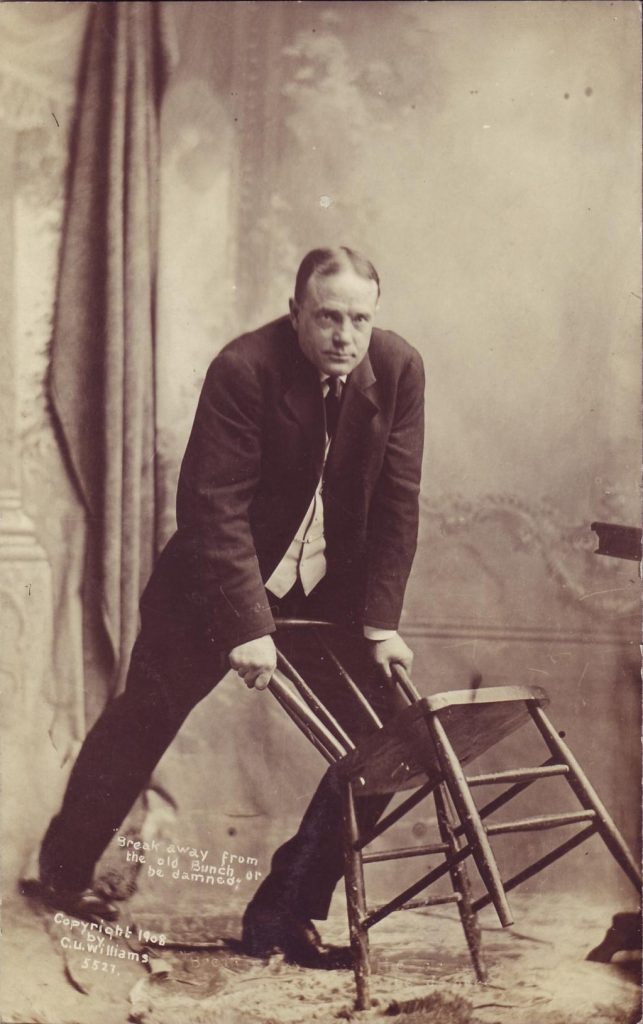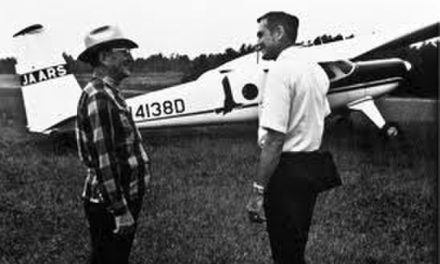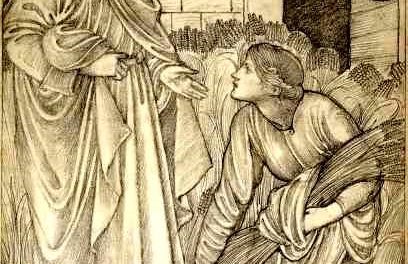It would be difficult to find someone over the age of 30 who hasn’t heard of Billy Graham. But have you heard of the lesser-known evangelist named Billy?
He was born in Iowa in 1862. Just four months after his birth, William Ashley Sunday’s father died in the Civil War, leaving his family in a dire financial situation. Billy lived at the Iowa Soldiers’ Orphans’ Home for a few years, where he discovered he had strong athletic abilities. He was quick on his feet and good at baseball.
When he was just 14 years old, he began supporting himself, working as a farm hand and doing odd jobs. When he was 18, he was recruited for a fire brigade baseball team in Marshalltown, Iowa. Within three years, he was playing professional ball with the Chicago White Stockings. Though he was never an outstanding hitter, he was a stellar runner – the first baseball player to ever round all four bases in 11 seconds – and was a league leader in stolen bases.
In 1886, Billy stopped on a Chicago street corner to listen to an evangelistic team from Pacific Garden Mission. They were singing hymns his mother sang when he was a child, then explained the good news of God’s free gift of salvation. He wrestled with God for a time, then submitted his life to Christ. His teammates and fans noticed the change in him. He denounced drinking, swearing and gambling and began attending church faithfully. It was there he met Nell, who he married in 1888.
Just three years later, he turned down a lucrative contract with the Philadelphia Phillies so he could accept a position with the YMCA. His work ministering to the broken, the ill, and the outcast prepared him for his work as an evangelist. For nearly forty years, he traveled the country, preaching more than 300 revivals.

“Whenever a day comes when I can stand and preach God’s Word without an agony of anxiety lest the people will not accept Christ; whenever a day comes when I can see men and women coming down the aisles without joy in my heart, I’ll quit preaching.”
– Billy Sunday
Revival meetings declined in popularity with the introduction of radio after World War I, the first blow to Billy Sunday’s ministry. By the beginning of the Great Depression, Billy Sunday’s health had declined and his doctors advised him to stay out of the pulpit. He died in 1935, just a week after preaching his final sermon.
Though his personal life had many ups and downs through the years, Billy Sunday remained faithful to God. His burden for those who did not know Christ compelled him to offer others the same forgiveness, peace, joy, and eternal life he’d found in Christ.
“If you lack joy, your Christianity must be leaking somewhere.”
– Billy Sunday






